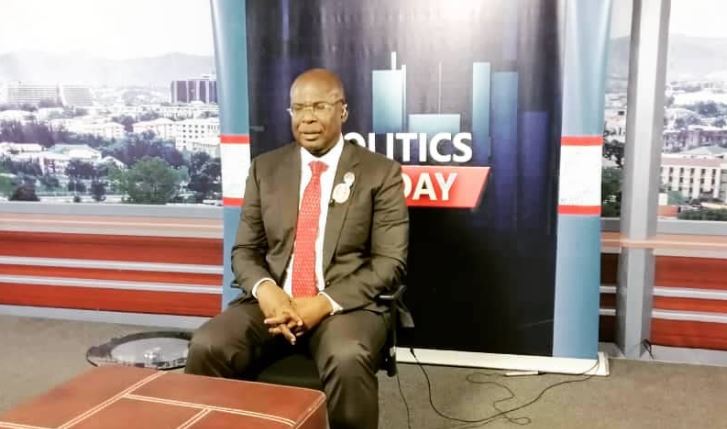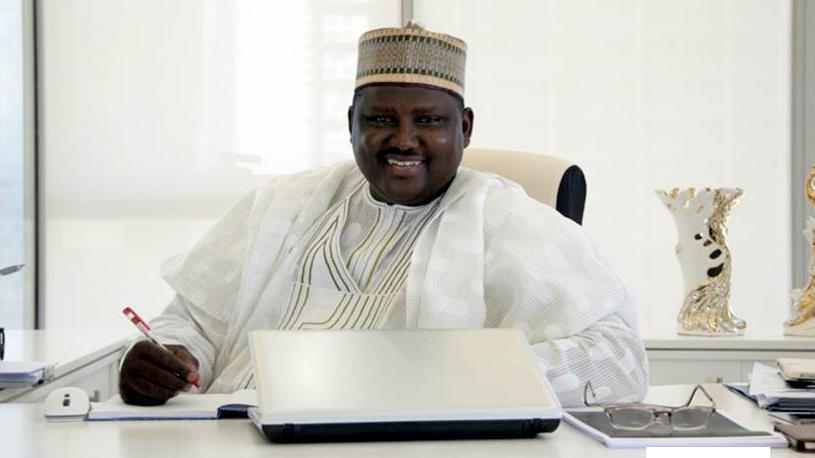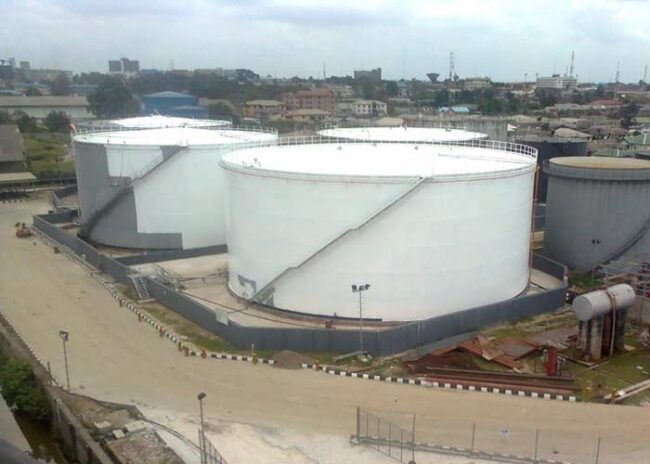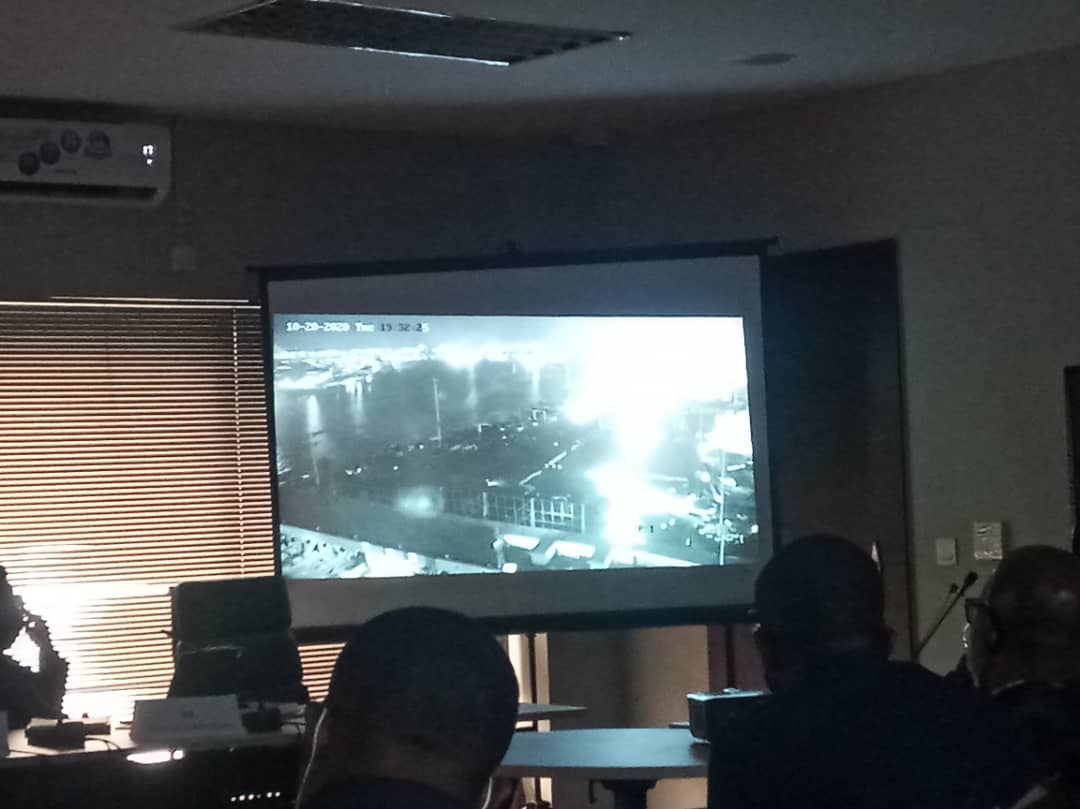Timipre Sylva, the minister of state for petroleum resources, says the federal government has not totally removed subsidy on petrol.
Sylva clarified the government’s actions in the downstream segment of the petroleum sector on Monday when he featured as a guest on Politics Today, a programme on Channels TV.
The federal government had earlier said that the era of fuel subsidy is gone explaining that it could no longer pay subsidy on petrol.
In March, the government introduced a price modulation policy where international product prices and associated landing costs in Nigeria are used to determine the retail price of petrol. The recommended retail price is announced periodically by the Petroleum Products Pricing Regulatory Agency (PPPRA).
Advertisement
“We are still trying to manage this bumpy start. We have not been able to get to that 100 percent removal of subsidy from the foreign exchange end,” Sylva said.
“If we were to take it out completely and allow people to access foreign exchange from the parallel market and allow people to import the product, the price of the pump will even be more.
“The federal government, knowing the impact it will have on the people, decided that they are still going to manage this situation.”
Advertisement
Sylva said it would be a knotty issue if the government decides to lay off refinery workers as there would be a lot of labour issues to deal with.
“If we continue to preserve the workforce, then it means that we are serious about getting to use this workforce in the future. If you lay them off and fix the refineries, you will have to go looking for them to employ again. It is because we want to fix those refineries that we have kept them,” he explained.
“The refineries are down but it doesn’t mean we are not going to fix those refineries again and we will require these experts. If Nigerians are saying the refineries should be fixed, then they should know that at the end of the day, we will still need the workforce, these experienced people to man these refineries when they are fixed.
“This is in addition to the fact that there are kinds of labour issues you will have to deal with if you have to sack all those refinery workers.”
Advertisement
Speaking on the agreement to import refined petroleum products from the Niger Republic, Sylva said it is a simple business agreement.
“I don’t see that as an embarrassment at all. Nigeria is a big market. We need products. Even if all our refineries are functioning, we will still need extra products.
“Niger Republic produces oil and they are landlocked as a country. They have a refinery that refines in excess of what they require.
“They offered to sell the excess to Nigeria because this is a bigger market. In the spirit of regional cooperation, regional trade, we decided to buy from them. I don’t see anything wrong with that.”
Advertisement
Add a comment







